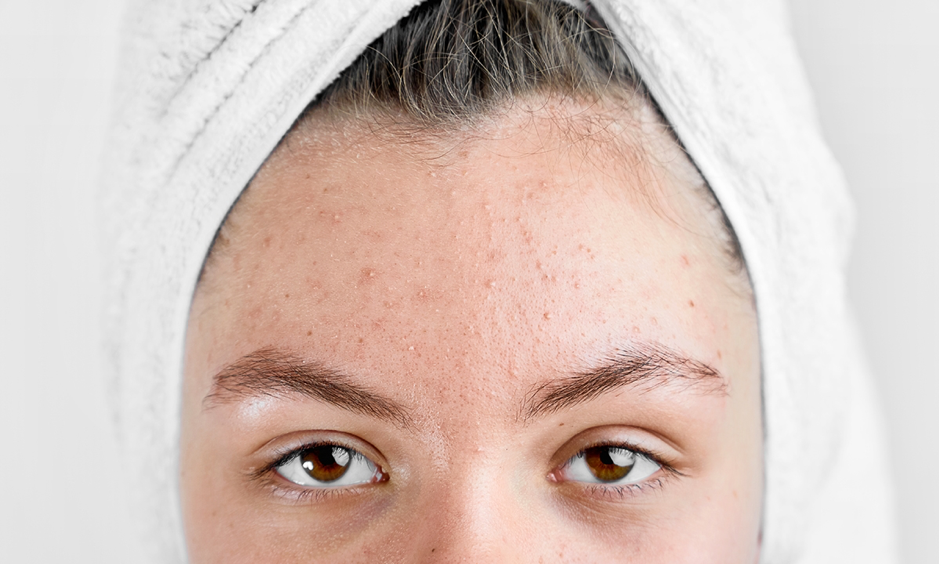It is true that 20-30 minutes a day in sunlight would give you adequate daily dose of vitamin D. However, at times, the sun’s harmful UV rays can worsen certain skin conditions including Pimples (Acne).
Hence, it is advisable to use a sunscreen and wear protective clothing to safeguard your skin from the UV rays.
What happens to your skin during summer?
Sun’s harmful UV rays damage the skin, they weaken the natural barrier and causes your skin to lose moisture. While at it, your skin tries to produce more and more of its oils from its sebaceous glands (oil-producing glands). As a result, blackheads are more likely to occur when oil and dead skin gets trapped in pores.
Since the sebaceous glands will be more active during summer, your skin may become very oily. Moreover, the medication used to treat acne may make the skin sensitive to sunlight (photosensitivity). So, it’s paramount to use a sunscreen throughout your acne treatment as per your dermatologist’s recommendation. The right sunscreen helps to enhance the treatment and therefore prevents relapse.
How to select the right sunscreen for Acne?
The right sunscreen for acne patients should have the following essential qualities:
- It should be oil free. The commonly available sunscreens are in cream or lotion formulations with an oil base. These can clog the pores and worsen acne. So, it is ideal to use a water-based sunscreen (gel type) which are non-comedogenic.
- It should protect from both UVA & UVB rays (Broad-spectrum sunscreen).
- It should have minimum 15 SPF.
Get the facts about sunscreen to use it judiciously. Don’t be misled by the advertisements and damage your skin.

